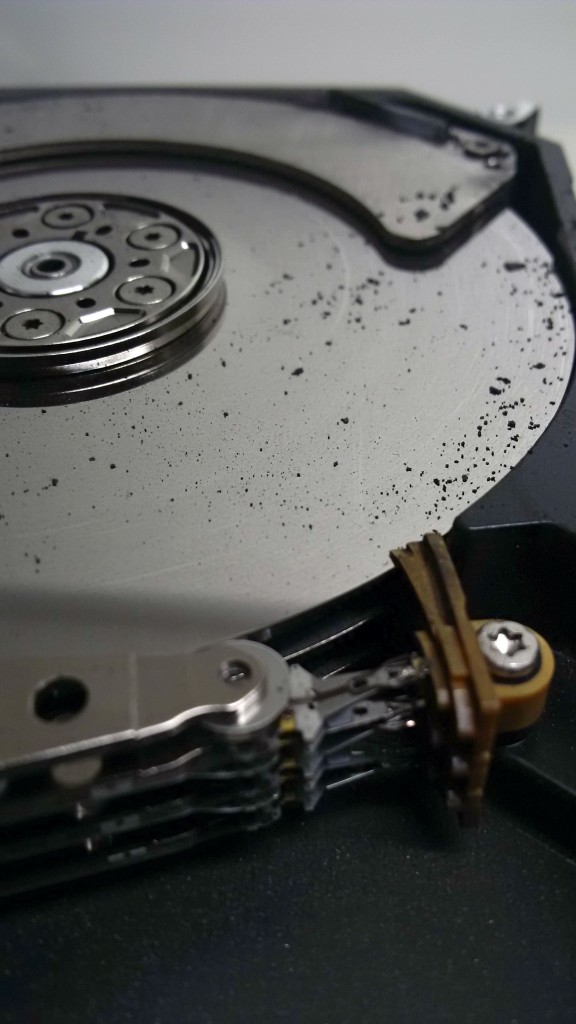lcoughey
Well-Known Member
- Reaction score
- 2,242
- Location
- Ontario, Canada
Up until recently, I'd just tell you that all drives are cheap and to make sure that they are backed up. But, in the case of newer Seagate drives, they are so bad that I can't help but suggest that everyone just not use them.
I wrote a blog on my website showing all the DM models (http://www.recoveryforce.com/seagate-hard-drive-failures/), but it does not mean that other newer Seagate models aren't affected, too.
I seriously recommend that you not sell these drives and make sure that all your client data that is stored on one of these drives is backed up very frequently. There is little warning about the failures and the damage is severe.
Unless you are able to gain fast access and can clone the drive with ddrescue, I don't recommend that you attempt anything with these drives if there is any data of value on the drive. The technician servicing the drive below attempt to swap the PCB and run software without any luck...as you can clearly see. It was likely just as bad when they received it, but because the window of opportunity is with these drives is very small, you really cannot afford to take any risks.

I wrote a blog on my website showing all the DM models (http://www.recoveryforce.com/seagate-hard-drive-failures/), but it does not mean that other newer Seagate models aren't affected, too.
I seriously recommend that you not sell these drives and make sure that all your client data that is stored on one of these drives is backed up very frequently. There is little warning about the failures and the damage is severe.
Unless you are able to gain fast access and can clone the drive with ddrescue, I don't recommend that you attempt anything with these drives if there is any data of value on the drive. The technician servicing the drive below attempt to swap the PCB and run software without any luck...as you can clearly see. It was likely just as bad when they received it, but because the window of opportunity is with these drives is very small, you really cannot afford to take any risks.

